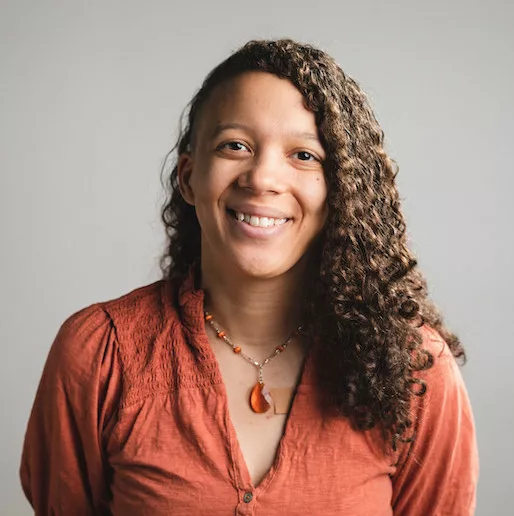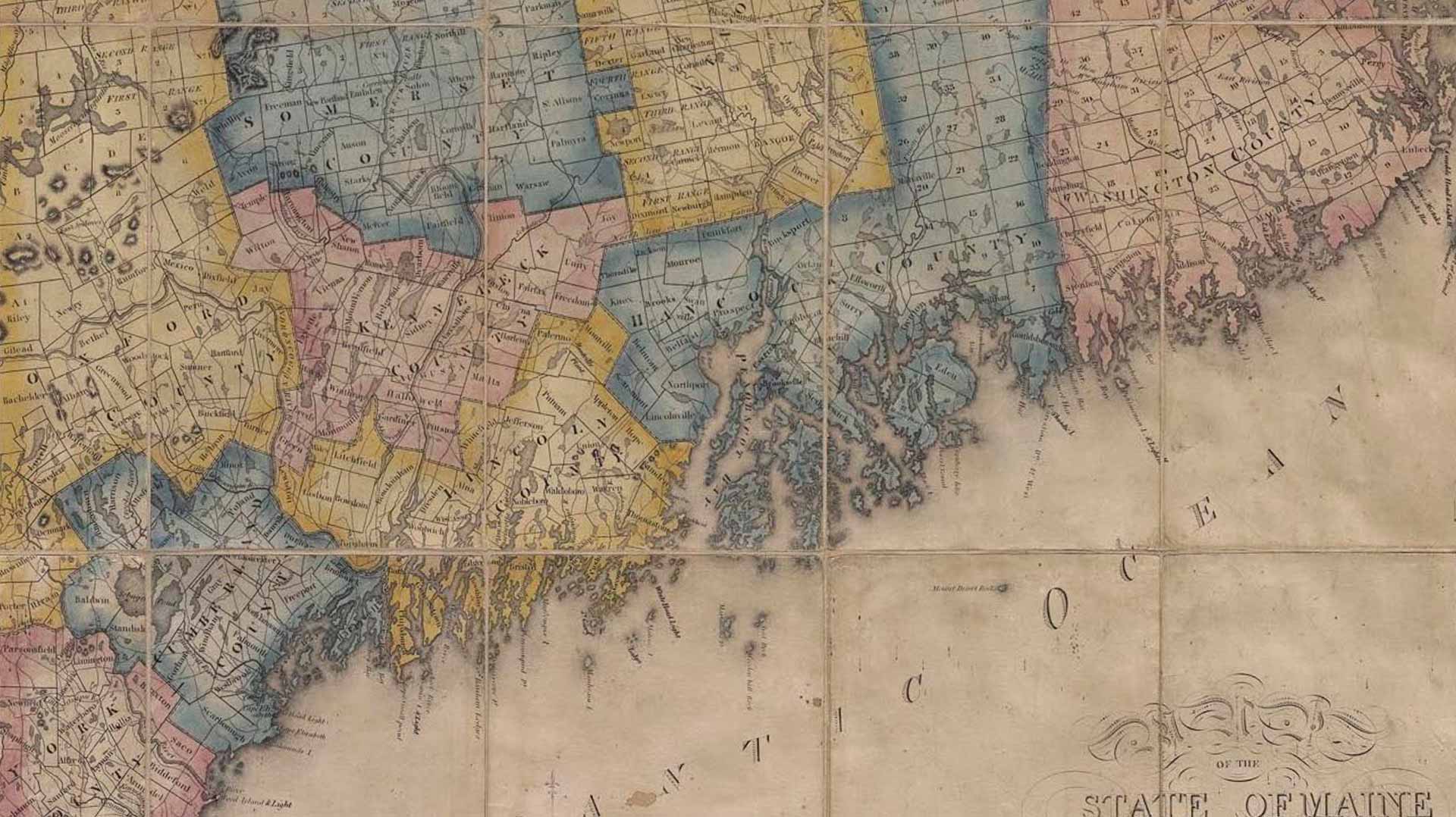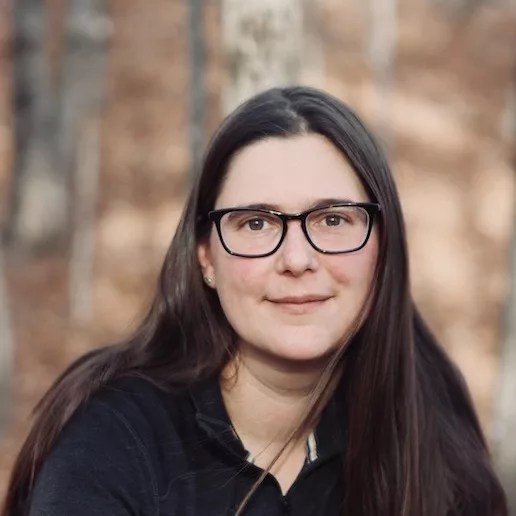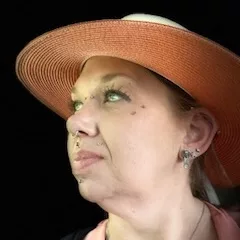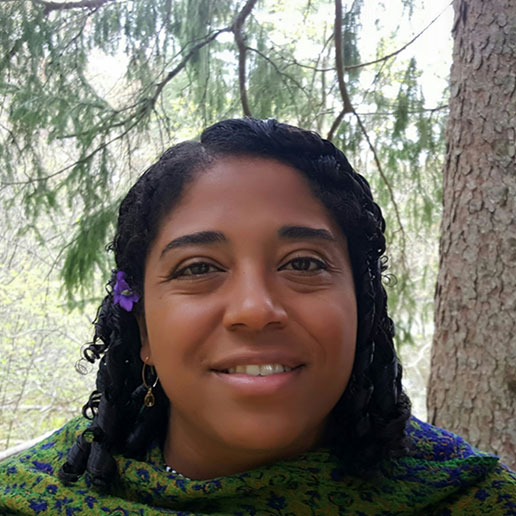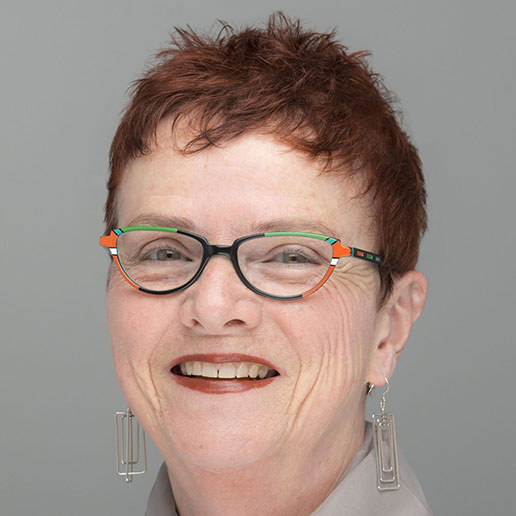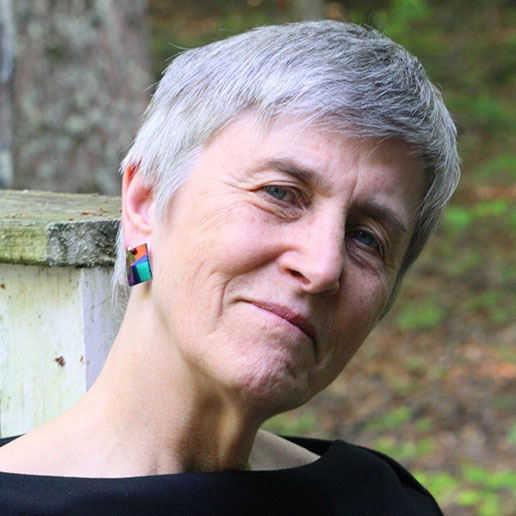The Offshore Islands Belong to Themselves: Ruth Moore & Her Poetry
Ruth Moore was one of Maine’s most beloved 20th century writers. Jefferson’s presentation includes highlights from the Ruth Moore collection at the Maine Women Writers Collection. This talk touches on some of her most well-known books as well as her often-neglected poetry. Jefferson will share a variety of Moore’s poems and invite audience participation.
Elizabeth Coatsworth & Kate Barnes: Processing the Literary Archives of Mother & Daughter
Jefferson Navicky had the rare good fortune of processing the extensive archival papers of Elizabeth Coatsworth, one of the most accomplished children’s book authors and poets of the mid 20th century, as well as the papers of her daughter, Kate Barnes, Maine’s first Poet Laureate.
Together, their papers present an intimate glimpse into the makings of a matriarchal line of Maine writers. Jefferson will speak about his experience processing these collections, as well as present illustrative work from each writer, and provide historical and biographical context.
A Day in the Life of Maine Women: Diaries of Everyday Life
The Maine Women Writers Collection has numerous diaries spanning the 19th and 20th century kept by Maine women across the state whose lives were remarkable in their unremarkableness. In the quotidian passing of their days – from weather to chores to historic moments – the accumulation gives shape and significance to their lives.
By sampling and discussing a selection of these diaries across time, we will all connect with the common struggles and small triumphs of what it’s like to be human and to live day by day.
Madam Wood & Tales of the Night: Maine’s First Novelist
Sally (Sarah) Sayward Barrell Keating Wood (1759-1855) – “Madam Wood” – lived more than nine decades, authored four novels and one collection of tales, and was renowned as Maine’s first novelist. Maine Women Writers Collection Archivist Jefferson Navicky will talk about Wood’s life, as well as MWWC’s archival holdings of the Sally Wood collection. He will focus his talk on Wood’s 1827 book, Tales of the Night, which consists of two novellas, “Storms and Sunshine” and “The Hermitage.”
May Sarton & Her Menagerie
May Sarton published over fifty books of poetry, fiction, journals and memoirs, and she spent her last decades at a cottage called Wild Knoll on the ocean in York, Maine. Sarton cared deeply for animals, and they were often her companions in both life and her writing. In this talk, MWWC Archivist Jefferson Navicky will provide a brief biography of Sarton, share anecdotes about Sarton’s pets, as well as read a selection of her writing about the animals she so dearly loved.
Lesser-Known Maine Women Poets of the Twentieth Century
Poetry can thrive in obscurity, and sometimes the more solitude, the better the poems. Maine is full of such bards of the lonely woodland hollow, the fallow field with a view of islands, the dead-end road, the forsaken small town. Join MWWC Archivist & Poet Jefferson Navicky to find out about some of Maine’s lesser known women poets of the twentieth century. Help them be a little less lesser-known, discover your next favorite poet, hear some excellent poetry, come tell us about a poet we should know better, and broaden your knowledge of Maine’s incredibly rich poetic history.
